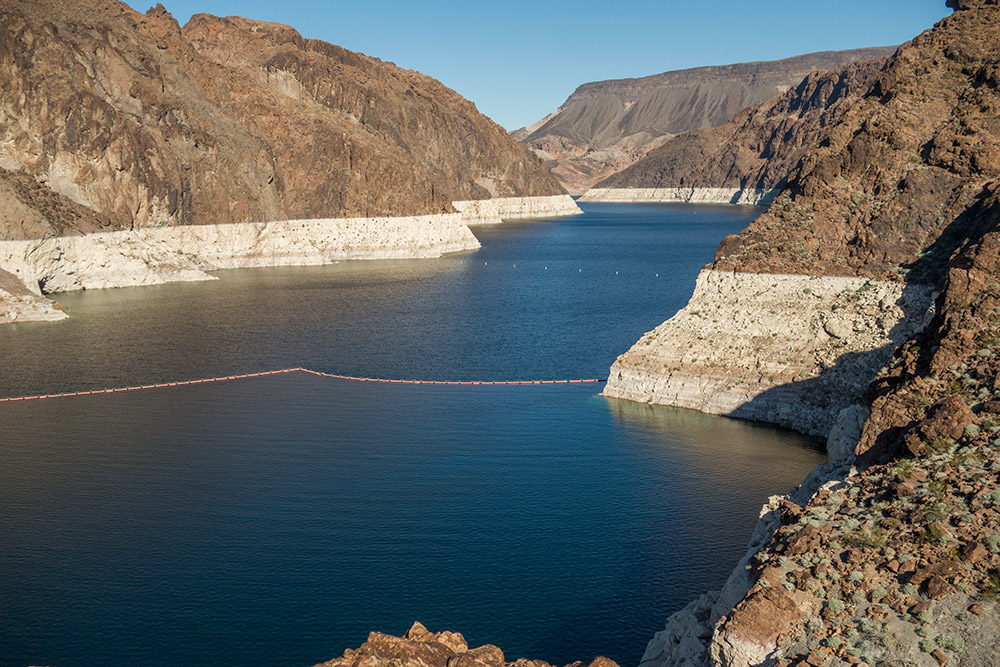By Farhad Naibkhel: KABUL: Ministry of Water and Energy (MoWE) on Wednesday said that Afghanistan has 75 billion meter cubic water, of which only 32 percent is utilized, annually.
The deputy minister of water and energy Mohammad Samey said that out of 75 billion cubic meters water only 24 billion cubic meters was managed while the rest was wasted.
Speaking at a seminar in connection with the World Water Day he said that lack of enough technical capacity is main reason that prevents Afghanistan from managing the water resources.
The World Water Day is observed on March 22 every year, but as a common practice, Afghan authorities often celebrate international days late or very early. They often forget to observe the international days. This year the Afghan government failed to observe the “Earth Hour”.
In the seminar titled “Water and Sustainable Development” the deputy minister claimed that efforts are underway to build dams and utilize water resources, however, he said the water from dams would be used for irrigation purpose because hydropower projects take a lot of time.
Pointing to 20 big and medium-size water dams, he said that work over several dams has been started and scores of them are under design and survey. “Work over Machalgho dam in Paktia, Almar dam in Faryab, Shah Aros dam in Kabul, Kamalkhan dam in Nimroz and Salama dam in Herat have been started and is in full speed,” he added.
He said the Salma dam project is 97 percent complete and would be inaugurated within next six months. After completion of the dams, Afghanistan will have the capacity to utilize more water resources for irrigation of agriculture lands, producing electricity and other needs.
The deputy minister hinted about reduction in water resources due to climate change and contamination of water as the canalization system in the country is substandard. He said the dams would help the country to control water resources and protect it from contamination.
Minister of Rural Rehabilitation and Development, Nasir Ahmad Durrani, said that only 45 percent of people have access to drinkable water in the country. He said that misuse of water by public and poor arrangements by the relevant organizations have resulted in contamination of water and droughts, affecting agriculture and industrial sectors.
The minister said that it was responsibility of the government as well as public to protect the water resources.
Representative of the UNICEF in Afghanistan, Akhil Lyer, said that in 2008 only 27 percent people had access to potable water, where currently this figure increased to 45.5 percent across the country. “Only water reservation services are not important, but building infrastructure and betterment of quality of water is more important,” he added.
Deputy Minister of Public Health, Abdul Basir, said that out of each 1,000 children 97 lose their life annually due to disease caused by contaminated water in the country.
 Afghanistan Times
Afghanistan Times




